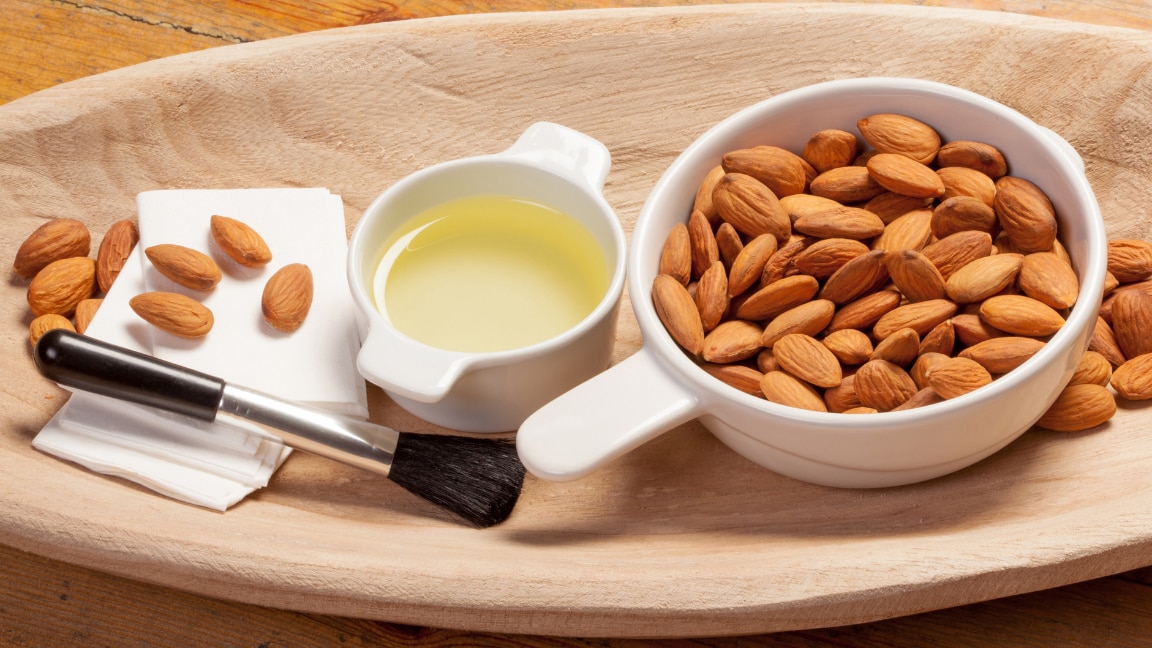If there's one haircare debate that's been going on for ages, it's this one — almond oil vs coconut oil for hair. Both are pantry staples turned beauty must-haves, loved for their ability to transform dry, dull hair into glossy, healthy locks. From your mum's weekend champi sessions to the latest clean beauty shelves, these oils have stood the test of time — and for good reason.
But if you've ever wondered which oil works better for your specific hair type or concern, this one's for you. Let's dive into the world of almond oil and coconut oil for hair, their benefits, how to use them, and which one might just become your new holy grail.






